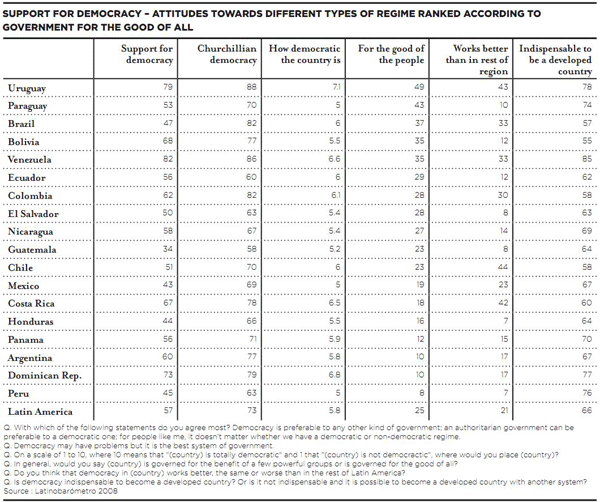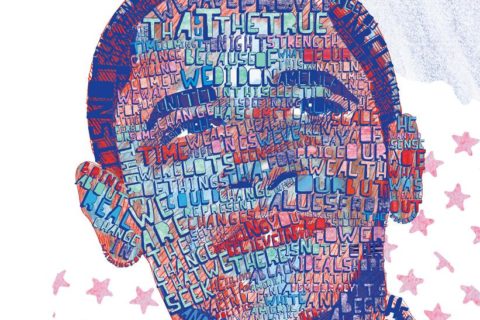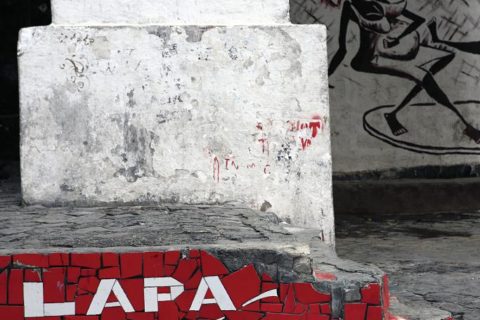Marcelo Ballve
First published in Research World May 2009
In just two decades, research has emerged as a key connector between Latin American citizens and their governments.
The region’s democratic rebirth in the 1980s encouraged the growth of a robust research industry. Many of the region’s top researchers saw their careers blossom alongside the emergence of democracy.
Early in his career, Manolo Barberena, who heads Mexican research agency Pearson, did polling for presidential candidate Carlos Salinas de Gortari, who won the 1988 election. Salinas was the first Mexican presidential contender to conduct extensive polling, even deploying flash surveys to gauge his popularity in states before and after campaign visits, although his Institutional Revolutionary Party (PRI) enjoyed a monopoly on power. The candidate “had a tremendous belief in research,” says Barberena. Elections became more competitive until finally in 2000 former Coca-Cola manager Vicente Fox won the presidency, breaking 71 years of one-party rule.
Today, Mexico has a thriving public opinion research field with exit polls as an integral part of important elections. “That helps to make the electoral process transparent,” says Barberena, since these polls validate fair votes and would cast doubt on fraudulent exercises if these were to occur.
Transforming societies
Though public opinion surveys clearly improve democracy, market research also helps to foster a culture of accountability, transparency, and business ethics. For example, research can highlight consumer demands that companies act in a socially and environmentally responsible manner. Research is a “major tool for societal transformation,” says Rubens Hannun, director of H2R Pesquisas Avançadas. Research “clarifies, with scientific rigor, the optimal role of every social actor.”
Frequent research on how citizens rate government agencies push them to improve efficiency, says Márcia Cavallari, executive director of planning and client relations at IBOPE Inteligência. As public institutions improve, citizens place deeper trust in them. “This has helped to build democracy,” she says.
Meanwhile, Brazilian media has embraced polling as part of their mandate to inform the public. They’ve created their own research arms, and many outlets have responded to the transparent environment by gaining objectivity. “The media has evolved, and it strives more earnestly for impartiality,” says Cavallari.
Building democracy
Marta Lagos, director of the Latinobarómetro poll, says research helped safeguard Chile’s peaceful transition to democracy. When General Augusto Pinochet was forced to call elections in 1989, many influential voices predicted unrest and disorder. “During our first democratic government, survey results were looked to anxiously, to see if predictions of chaos would materialise,” she says. Instead, polls detected trust in the transition, and this helped calm the waters.
In Latin America, frequently polarised along political, class and even ethnic lines, polls help educate the public about the diversity of views, which is “no small thing,” says Manuel Mora Y Araujo, Ipsos – Mora y Araujo president.
Despite its early lynchpin role, Lagos says public opinion research has a long way to go in Chile, where results are still politicised and few norms exist. As in Bolivia and Colombia, no national association enforces standards. “In the hands of special interests and propagandists, research can become a dangerous disinformation tool,” warns Rubén Lechter, president of LechterAmericas.
Mexican research association AMAI sponsors a website where election-year polls are monitored. AMAI also consults regularly with federal elections authorities and vice-versa in shaping regulations and best practices.
“Part of our work needs to be the stimulation of a polling ‘culture’, particularly among journalists and analysts,” says public opinion researcher Alejandro Moreno of Mexico’s Autonomous Technological Institute (ITAM).
When political parties and candidates undermine democratic dialogue, citizens make their displeasure known through published polls. After Mexican presidential candidate Andrés Manuel López Obrador opted out of presidential debates before Mexico’s 2006 election, he lost support and ultimately the election. Brazilian president Luiz Inacio Lula da Silva saw a dip in his high ratings when officials and legislators in his party were accused of accepting bribes.
Measuring discontent
Populism hasn’t departed, as is shown by governments elected in Venezuela, Argentina, Bolivia and other countries, where researchers sometimes feel political pressure to downplay unfavourable results. Public opinion research can’t shape voter preferences, but it can point to weaknesses in political systems and guide institutions wanting to improve democracies.
The Latinobarómetro poll, modelled on the Eurobarometer, provides a snapshot of the state of democracy in Latin America each year. Launched in 1995, last year’s Latinobarómetro included over 20,000 face-to-face interviews in 18 countries. Although phone polling is increasingly popular, in-person interviewing is still considered most representative in Latin America. Internet penetration remains sketchy – only 35% of Latin Americans have used internet at least once in their life, according to Latinobarómetro’s 2008 results.
It also reports that five years of sustained economic growth has helped democracy, with a majority of citizens now saying it is preferable to any other type of government. Only in Paraguay does support for authoritarianism rise above 20% and even then the country celebrated successful presidential elections last year. Despite widespread media attention to leftist governments, 42% of Latin Americans consider themselves centrists.
But the Latinobarómetro points to a trouble spot: economic inequality. Across the region, 70% of respondents said they believed governments serve the interests of a narrow elite. Poll results such as these can “exert pressure, in a positive sense, to ensure government policy takes into account every member of a society,” says Hugo Árevalo, project director at Ipsos APOYO Opinión y Mercado in Bolivia. In most countries, researchers also routinely track public concern with issues such as crime, wages and health care, helping governments to set agendas.
Lagos says polls serve “like big windows unto society,” and these become especially crucial in emergencies. This year’s Latinobarómetro was conducted as the global financial crisis began, so it won’t be until next year’s edition that a definitive answer is given as to whether it has eroded support for democracy as the Asian crisis of the late 1990s did.
Nonetheless, the overall trend is growing support for democracy. Today, Latin America is well prepared to withstand economic crosswinds: governments have used the half-decade of growth and surpluses to build cash reserves, pay off debt and reduce poverty.
Still, “in times of crisis it’s even more important to monitor social trends and specific factors that could lead to social upheavals,” says Lilian Pagán, general director of the ASISA Research Group in the Dominican Republic.
Validating the unexpected
To sum up, public opinion polls research serve to check government power and validate momentous political shifts. In Argentina, surveys accurately predicted the 1983 elections which delivered democracy, and in Mexico exit polls predicted the razor-thin margin in the 2006 presidential elections. Research helped validate and lay the groundwork for a society-wide embrace of these history-shaping outcomes.
In several countries, notably Brazil, public opinion is increasingly shaped online or via cell phones, through messaging, social networking sites and blogs. With so many “dynamic fronts of information” open, it’s a challenge to achieve a freeze-frame of public opinion, says Cavallari of Ibope
Latin American researchers must not only fight to improve standards and educate citizens on what makes a reliable poll, but also face a fragmented public that is increasingly evasive, and whose opinions are harder to piece together.



